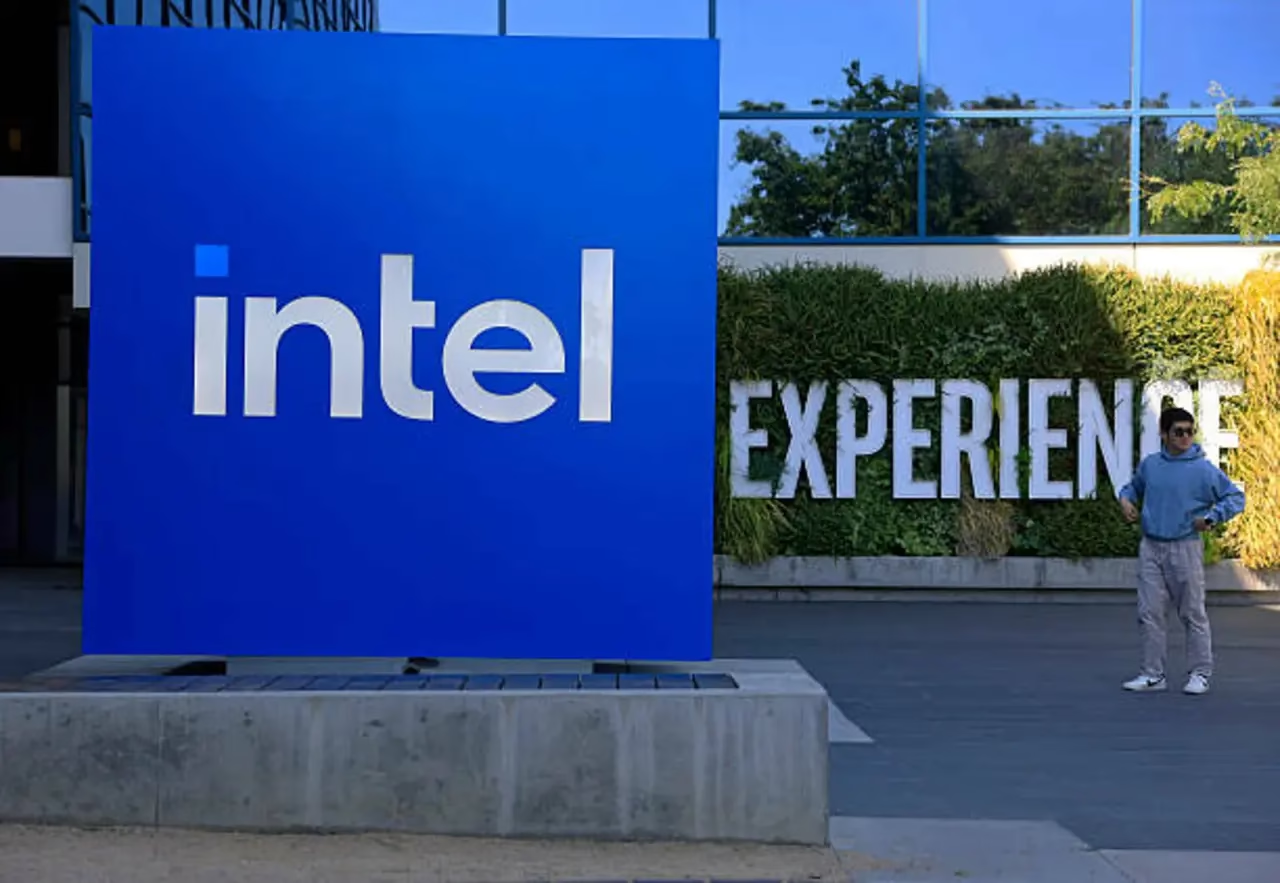President Donald Trump announced Friday that the U.S. government will acquire a 9.9% stake in Intel as part of a deal that converts federal grants into equity, marking another extraordinary White House intervention in corporate America.
Under the agreement, the U.S. will purchase 433.3 million Intel shares for $8.9 billion — or $20.47 per share, about $4 below Friday’s closing price of $24.80. The deal channels $5.7 billion in unpaid CHIPS Act grants and $3.2 billion from the Secure Enclave program into Intel.
The move ensures Intel will receive $10 billion to expand U.S. chip manufacturing capacity, a critical piece of Trump’s broader push to strengthen domestic semiconductor production.
The announcement came after Trump met Intel CEO Lip-Bu Tan, just weeks after calling for Tan’s resignation over alleged conflicts of interest tied to Chinese firms. “He walked in wanting to keep his job and he ended up giving us $10 billion for the United States,” Trump said.
Commerce Secretary Howard Lutnick hailed the arrangement as “fair to Intel and fair to the American people.”
Intel’s stock closed up 5.5% on Friday and gained another 1% in after-hours trading.
Unusual Federal Interventions
The Intel stake follows other unconventional government-business deals, including:
- A U.S. “golden share” in U.S. Steel to oversee Nippon Steel’s acquisition.
- The Pentagon becoming the largest shareholder in MP Materials to boost rare earth magnet production.
- A deal allowing Nvidia to sell AI chips to China in exchange for Washington securing 15% of sales.
Critics warn these moves introduce new risks to corporate governance and blur lines between public and private sectors.
Intel’s Ongoing Struggles
Despite the lifeline, analysts remain cautious. Intel lost $18.8 billion in 2024, its first annual loss since 1986. The company’s foundry unit — key to competing with TSMC — continues to burn cash and lacks major customers.
Daniel Morgan of Synovus Trust said Intel’s challenges extend “beyond a cash infusion,” noting the firm’s failure to keep pace with Nvidia in AI and AMD in processors.
The U.S. government’s stake will be passive, without a board seat, though it carries a five-year warrant at $20/share for an additional 5% stake if Intel loses control of its foundry business.
Meanwhile, Japan’s SoftBank also agreed to a $2 billion investment in Intel earlier this week, adding to the external pressure on CEO Tan to execute a turnaround.
Intel last recorded positive free cash flow in 2021, underscoring the steep challenge facing its revival.



